I am a huge fan of the recently deceased Dallas Willard. Dallas was a Professor of Philosophy at the University of Southern California, prolific writer, and deep thinker about things that matter. He left this earth around 3 years ago.
Recently I was rereading one of his books in which he was exploring and expounding upon the concept of, “Knowledge.” Teaching here at NMC, this should be a relevant topic, right? I mean, we exist to provide lifelong learning opportunities to our communites. And learning is at the center of all we strive to achieve.
So, inherent in all this is the whole notion of knowledge.
But what is it, this “knowledge” stuff? According to Willard, knowledge is the demonstrated ability to represent something as it actually is on an appropriate basis of thought and experience. Now, that’s a sentence full.
Two things here. The first is accuracy. The second is appropriateness.
Concerning accuracy. If we are to represent something as it actually is, then accuracy is the name of the game. As it actually is. And the “it” in question concerns whatever the subject happens to be.
Concerning appropriateness. Is there really an appropriate basis for thought and experience? If so, does this not imply there is an inappropriate basis of thought and experience? That’s a little more difficult for me to get my heart around.
Enter the movie, “Jungle Book.” Do you remember the scene when Bagheera is conversing with Baloo about the need to take Mowgli back to a man village? In Bagheera’s mind it is crystal clear. This needs to happen as it is where Mowgli belongs. He’s human, right? Baloo, on the other hand, is really struggling with this. Why the man village? Why not just stay in the jungle?
Finally, in an attempt to offer clarity, Bagheera asks this question to Baloo, “You wouldn’t marry a panther would you?” Baloo is a bear. Bears are not panthers. It would be inappropriate for a bear to marry a panther.
Said another way, it would be a violation of knowledge. Hmm…
I find this whole subject of appropriateness, as applied to knowledge, to be very fascinating especially on the college campus. What’s appropriate and what’s not? Who gets to make this determination and why?
And what happens when we apply knowledge to people rather than the subject matter, course content, that is being taught? That is, people and the transformation of their lives is what we are all about, right? I mean, if I do an amazing job of presenting accounting and lives are not changed, what good have I done, really? Said another way, to take this approach is to believe that subject matter taught is more important than the actual people subjects that are being taught. An easy trap to fall into, right?
But if people are at the center, the most important subjects over all other subjects, then what does it mean to appropriately think about and experience people?
This gets pretty messy pretty quickly.
I wonder if this is the reason why it is so much easier to just teach course body rather than the physical bodies which collectively make up, “The course?”
For true knowledge to be in place, and if Dallas is to be our standard, we need to be both accurate and appropriate concerning people, the transformation of their lives, and the real priority of this business of education. We need to be both accurate and appropriate about what humans are and can be.
What does it mean to be both accurate and appropriate when the subject being taught is people, at all level of stakeholders, within the organizational reach of the college?
These questions present no small task for a place like NMC, as we steward this reality and possibility of knowledge.
I am not suggesting we marry a panther. But I am suggesting we consider the priority, place, and passion of people first when it comes to education.

